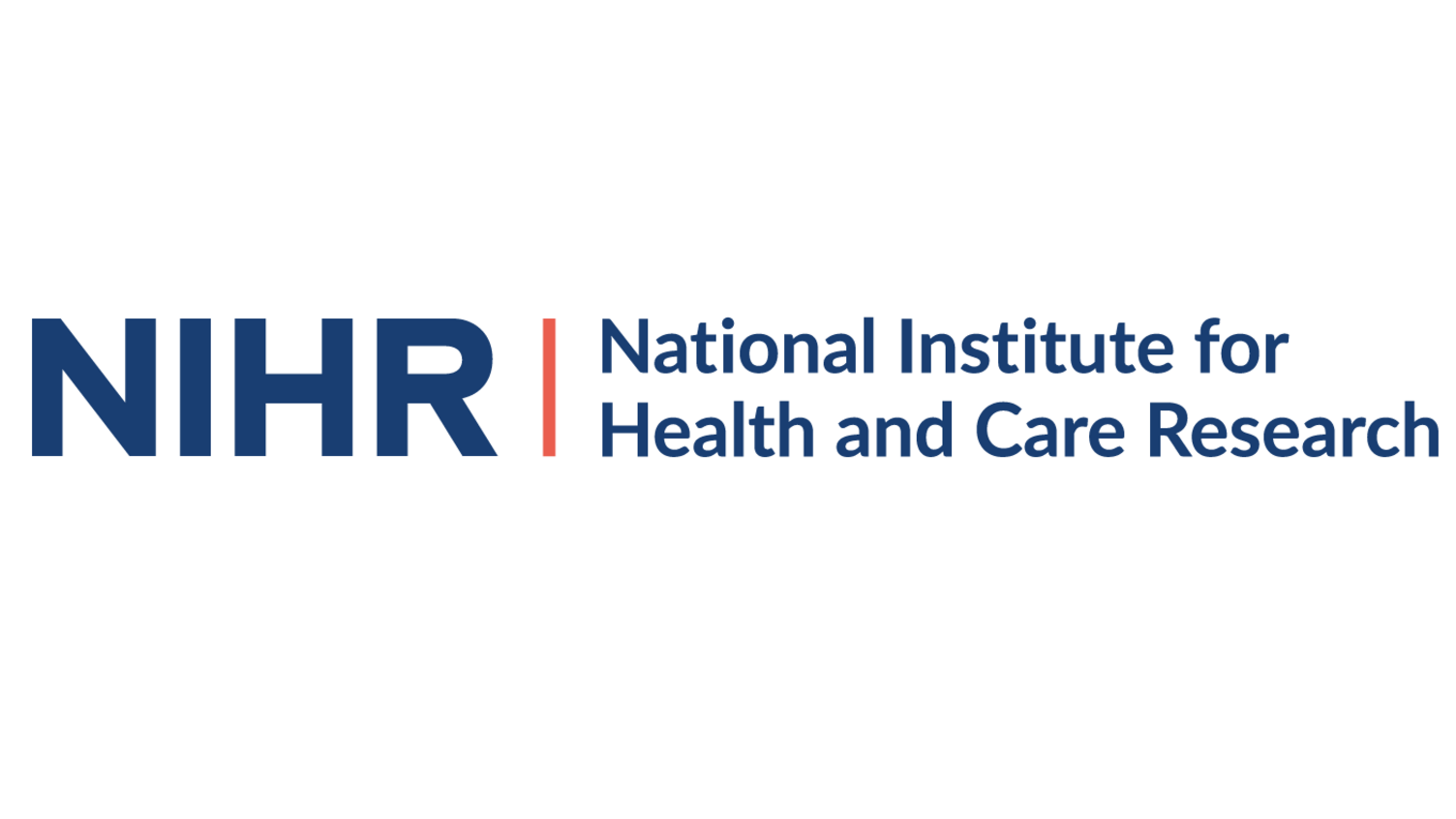Latest steps from PSPs to focus the attention of researchers, funders and charities on the agreed priorities
- 11 October 2019
- 2 min read
The Teenage and Young Adult Cancer PSP announced its Top 10 priorities in 2018. Recently the PSP brought together researchers, funders and charities in a workshop to discuss the priorities and consider opportunities for funding.
At the workshop, the team explained the robust and long-established JLA method used to help patients, carers and health and social care professionals to identify and agree the priorities. Two of the young people who represented patients on the PSP Steering Group spoke about the priorities and what it meant to them to be involved in the work.
After hearing about examples of what other JLA PSPs had done to highlight their priorities and work with the research community to develop them into research questions, the discussion moved on to consider which research funders were most likely to fund each of the priorities.
In smaller groups, the meeting discussed the top 30 priorities in more detail, reflecting on some of the challenges and opportunities for developing them into research studies and thinking about potential collaborations between funders.
This is another good example of a JLA PSP working to disseminate their priorities and take steps towards turning the priorities of patients, carers and health and social care professionals into funded research.
Professor Faith Gibson, one of the coordinators of the Priority Setting Partnership, said:
“I was delighted to see so much enthusiasm in the room from researchers and funders. It’s important to realise that publishing the Top 10 is not the final step of a Priority Setting Partnership. There is much work to be done afterwards to bring the priorities to the attention of the research community and to explore with the community how the priorities can be addressed.”
The Palliative and end of life care PSP (PeolcPSP) is also planning the next of its range of PSP follow-up activities. In a workshop next January, they will ask researchers and funders to continue to focus on the number one priority:
“What are the best ways of providing palliative care outside of working hours to avoid crises and help patients to stay in their place of choice? This includes symptom management, counselling and advice, GP visits and 24-hour support, for patients, carers and families.”
The workshop will showcase the first studies funded by Marie Curie following the PeolcPSP, encourage potential uptake of first results into practice, foster collaboration between researchers and between researchers and practitioners, and identify remaining gaps in knowledge and opportunities for further studies.
Please keep providing the JLA with your examples of PSP follow-up work. It’s great to be able to share what PSPs have been doing to encourage research in their priority areas.


